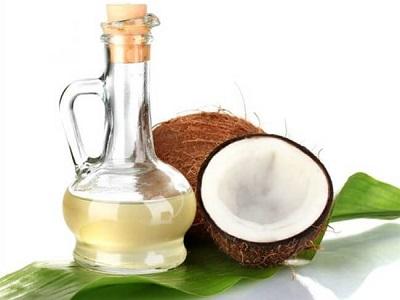Coconut Oil prices have become a focal point for consumers and investors alike, driven by a confluence of market dynamics, production trends, and global demand. As one of the most versatile oils, coconut oil is used in cooking, cosmetics, and even industrial applications, which contributes to its fluctuating market value. In recent years, the price of coconut oil has experienced significant volatility, influenced by various factors such as weather conditions, production levels, and international trade policies. The tropical regions where coconuts are primarily grown, including the Philippines, Indonesia, and India, are often affected by climatic events like typhoons and droughts, which can severely impact coconut yield and subsequently drive up prices.
Moreover, the rising global demand for natural and organic products has propelled coconut oil into the spotlight, further affecting its market price. Health-conscious consumers are increasingly seeking out coconut oil for its reputed benefits, such as its medium-chain triglycerides (MCTs) which are believed to support weight loss and improve metabolic health. This surge in demand, particularly from the food and beverage industry as well as the beauty sector, has put additional pressure on supply chains. As a result, the price of coconut oil has seen upward trends, reflecting its growing popularity and limited supply.
Get Real Time Prices of Coconut Oil: https://www.chemanalyst.com/Pricing-data/coconut-oil-1316
International trade policies also play a crucial role in determining coconut oil prices. Export regulations, tariffs, and trade agreements between coconut-producing countries and major importers like the United States and European nations can lead to price adjustments. For instance, any increase in export duties by producing countries or import tariffs by consuming countries can make coconut oil more expensive on the global market. Conversely, favorable trade agreements and the removal of barriers can help stabilize or even reduce prices, making coconut oil more accessible to a broader range of consumers.
Production costs are another significant factor influencing coconut oil prices. These include labor costs, the expense of maintaining coconut plantations, and the costs associated with processing and refining the oil. In regions where labor costs are rising or where there are disruptions in the supply of raw materials, production costs can escalate, leading to higher prices for the end product. Additionally, the investment in sustainable and organic farming practices, although beneficial in the long term, can initially increase production costs, impacting the price consumers pay.
Economic conditions in major coconut oil markets also affect pricing. In times of economic downturn, consumer spending on non-essential items like premium coconut oil products tends to decrease, which can lead to lower prices. Conversely, during periods of economic growth, increased disposable income can drive higher consumption of coconut oil, pushing prices up. Currency fluctuations also play a role; for example, if the currency of a major importing country weakens against the currency of a producing country, the cost of coconut oil in the importing country can rise.
Technological advancements and innovations in the production and processing of coconut oil have the potential to influence prices as well. Improved agricultural techniques, better pest control, and more efficient processing methods can enhance yield and quality, potentially lowering costs and prices. However, the adoption of new technologies often requires significant investment, which can be a barrier for some producers, especially small-scale farmers.
Market speculation and investor activity can also impact coconut oil prices. Like many other commodities, coconut oil is subject to speculative trading, where traders buy and sell futures contracts based on their expectations of future price movements. This speculative activity can lead to price swings, as traders react to news, trends, and market sentiments. For example, reports of an upcoming poor harvest or geopolitical instability in a major producing region can lead to price spikes as traders anticipate supply shortages.
Finally, consumer preferences and trends significantly shape the coconut oil market. The rise of dietary trends such as keto and paleo diets, which often recommend coconut oil, has contributed to increased demand.
Get Real Time Prices of Coconut Oil: https://www.chemanalyst.com/Pricing-data/coconut-oil-1316
Contact Us:
ChemAnalyst
GmbH - S-01, 2.floor, Subbelrather Straße,
15a Cologne, 50823, Germany
Call: +49-221-6505-8833
Email: sales@chemanalyst.com
Website: https://www.chemanalyst.com
